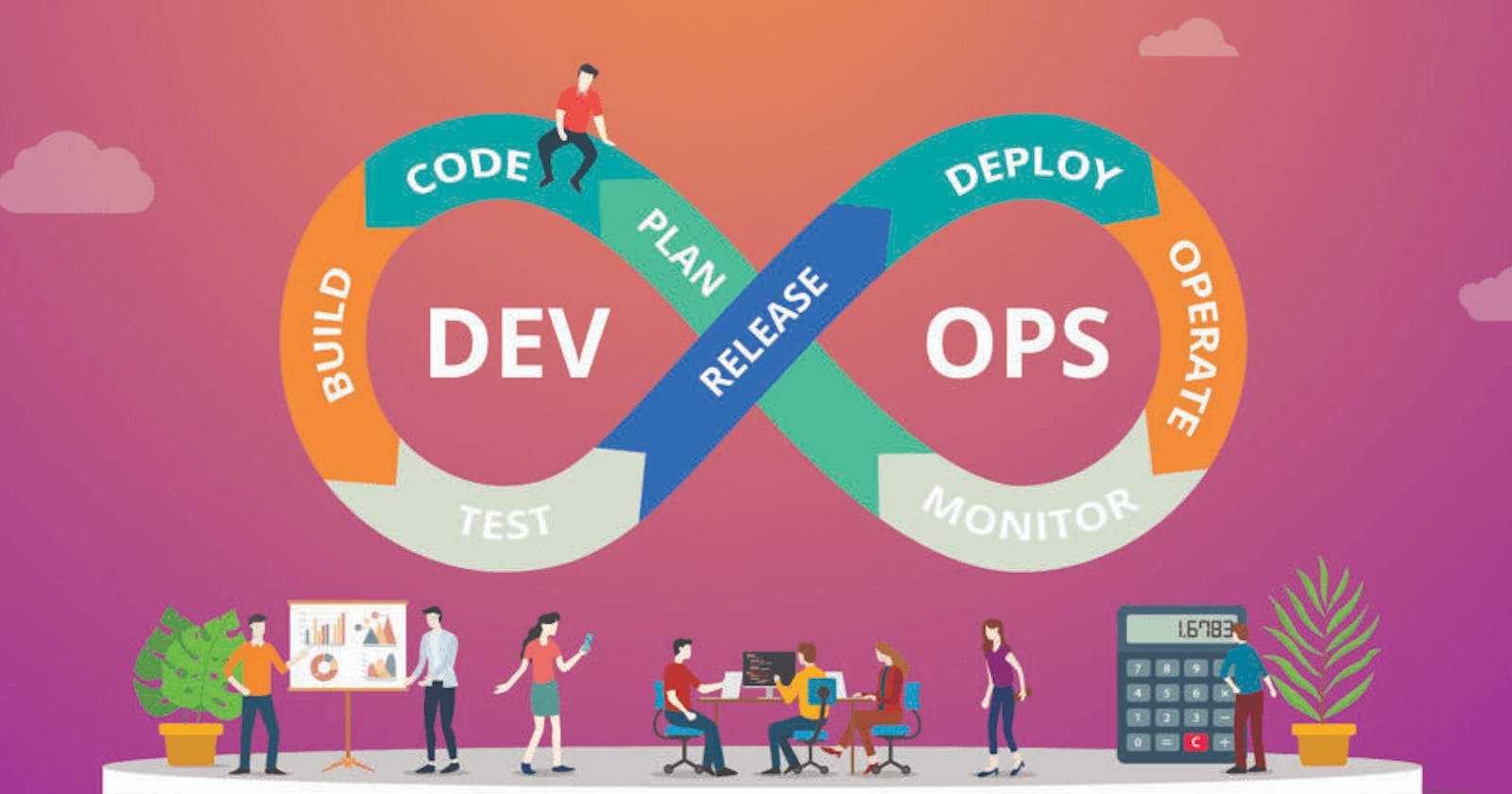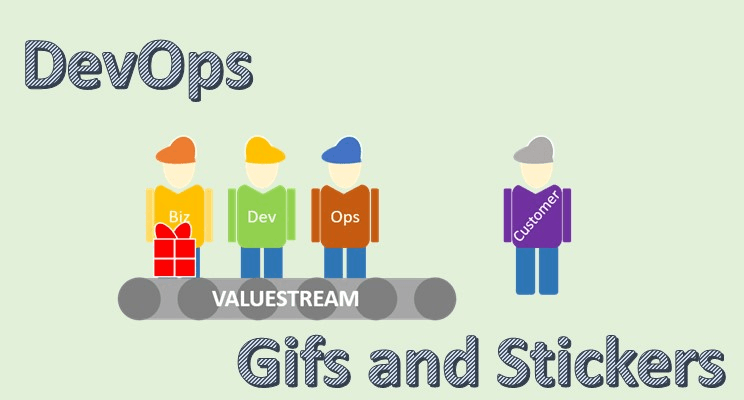DevOps is a set of practices that combines software development (Dev) and IT operations (Ops). It aims to shorten the systems development life cycle and provide continuous delivery with high quality.
DevOps is a cultural movement that emphasizes collaboration and communication between software developers and IT operations engineers. It aims to break down the silos between these two teams and create a more efficient and effective way of delivering software.
DevOps is often seen as a way to improve the speed, quality, and reliability of software delivery. It can also help to reduce costs and improve security.
Here is a step-by-step guide on how to learn DevOps:
Understand the basics of DevOps. What is DevOps? What are the benefits of DevOps? What are the key concepts of DevOps? There are many resources available online and in libraries that can help you learn about the basics of DevOps.
Learn about the tools and technologies used in DevOps. Many tools and technologies can be used to implement DevOps. Some of the most popular tools and technologies include Git, Docker, Kubernetes, Jenkins, and Ansible. Many online courses and tutorials can teach you how to use these tools and technologies.
Get hands-on experience with DevOps. The best way to learn DevOps is by doing. Find a project that you are interested in and try to implement DevOps practices on it. There are many open-source projects that you can contribute to. You can also start your own project and use it to learn DevOps.
Join a DevOps community. Many online and in-person communities can help you learn DevOps. These communities can provide you with support, advice, and resources. There are also many conferences and meetups that you can attend to learn more about DevOps.
Get certified. There are many certifications available that can help you demonstrate your skills in DevOps. Some of the most popular certifications include the Certified DevOps Engineer (CDE) certification from Puppet Labs and the Certified Kubernetes Administrator (CKA) certification from the Cloud Native Computing Foundation.

There are many benefits to implementing DevOps, including:
Increased speed and agility: DevOps can help teams deliver software faster and more frequently. This is because DevOps teams can work together more closely and automate many of the tasks involved in software delivery.
Improved quality and reliability: DevOps can help teams improve the quality and reliability of their software. This is because DevOps teams can catch and fix bugs earlier in the development process and because they can deploy software more frequently, which allows them to get feedback from users sooner.
Reduced costs: DevOps can help teams reduce costs in several ways. For example, DevOps teams can automate many of the tasks involved in software delivery, which can save time and money. Additionally, DevOps teams can improve the quality and reliability of their software, which can reduce the need for support and maintenance.
Increased security: DevOps can help teams improve the security of their software. This is because DevOps teams can automate many of the tasks involved in security testing and because they can deploy software more frequently, which allows them to get feedback from security experts sooner.
Improved collaboration and communication: DevOps can help teams improve collaboration and communication between software developers and IT operations engineers. This is because DevOps teams work together closely and share information openly.
DevOps can be a valuable tool for organizations that are looking to improve the way they deliver software. It can help teams deliver software faster, more frequently, and with higher quality. Additionally, DevOps can help teams reduce costs, improve security, and improve collaboration and communication.
The key concepts of DevOps are:
Culture: DevOps is about more than just tools and processes. It's also about creating a culture of collaboration and communication between software developers and IT operations engineers. Automation: DevOps relies heavily on automation to speed up the delivery process and reduce errors.
Continuous delivery: DevOps teams strive to deliver software continuously, in small increments. This helps to ensure that the software is always working and that any problems are caught early.
Monitoring and feedback: DevOps teams use monitoring and feedback to continuously improve the delivery process. This helps to ensure that the process is efficient and effective.
Here is a more detailed explanation of each concept:
Culture: DevOps is about creating a culture of collaboration and communication between software developers and IT operations engineers. This means breaking down the silos between these two teams and working together to deliver software more efficiently and effectively.
Automation: DevOps relies heavily on automation to speed up the delivery process and reduce errors. This includes automating tasks such as code building, testing, and deployment.
Continuous delivery: DevOps teams strive to deliver software continuously, in small increments. This helps to ensure that the software is always working and that any problems are caught early. It also allows teams to get feedback from users sooner, which can help to improve the quality of the software.
Monitoring and feedback: DevOps teams use monitoring and feedback to continuously improve the delivery process. This includes monitoring the performance of the software and collecting feedback from users. This information can be used to identify and fix problems and to make improvements to the delivery process.
By implementing these key concepts, DevOps teams can deliver software faster, more frequently, and with higher quality. Additionally, DevOps can help teams reduce costs, improve security, and improve collaboration and communication.
Here are some additional tips for learning DevOps:
Start small. Don't try to implement all of DevOps at once. Start with a small project and focus on one or two key areas.
Be patient. DevOps is a journey, not a destination. It takes time to learn and implement DevOps practices.
Don't be afraid to ask for help. Many people are willing to help you learn DevOps.
DevOps is a complex and ever-evolving field.
However, by following these steps, you can learn the basics of DevOps and start implementing it in your own work.
📍 Thanks for reading, and happy learning! :) ✌
✨Let's continue to learn and grow together.
follow me on LinkedIn for more updates and insights. Also, don't forget to like, share, and comment on this post to spread the word and help others in their Learning journey.

